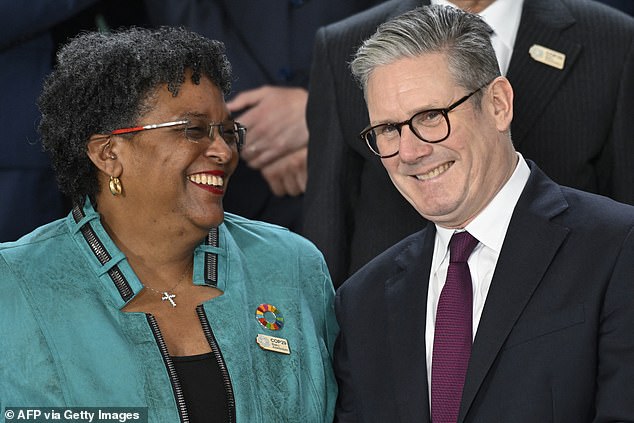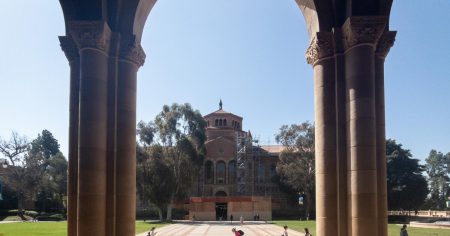Foreign Office Denies Reports of Planned Meeting on Slavery Reparations with Caribbean Officials
The British Foreign Office has strongly denied recent reports suggesting that a meeting is being planned to discuss slavery reparations with Caribbean officials. Representatives from the Reparations Commission of the Caribbean Community (Caricom) were purportedly scheduled to travel to the UK in April to restate their demands for trillions of pounds in compensation for the legacy of slavery and colonialism. However, sources within the Foreign Office have categorically refuted these claims, stating that no such meeting has been planned and no dates have been set for a UK-Caricom dialogue on the matter. The government’s position remains unchanged: the UK does not pay reparations.
At the center of this contentious issue is Barbados Prime Minister Mia Mottley, a vocal advocate for reparations. Mottley has argued that Britain owes Barbados £3.9 trillion, a figure she believes reflects the economic and social harm inflicted by centuries of slavery and colonial exploitation. Her efforts to pressure British leaders, including Sir Keir Starmer, have been evident in recent international forums, such as the Commonwealth Heads of Government summit in Samoa last year. Mottley has also called for reparations to be part of a broader “global reset,” emphasizing the need for accountability and justice on the world stage. Caricom, which represents 15 Caribbean nations, including Jamaica, Barbados, and Grenada, has been united in its pursuit of compensation for the historical injustices perpetrated by European colonial powers.
Despite Mottley’s assertive stance, the Foreign Office has been quick to dismiss the reports of an upcoming meeting. A spokesperson for the department described the claims as “false and misleading,” adding that there are no plans for a delegation of Caribbean leaders or officials to visit the UK in the spring. The spokesperson reiterated the UK’s long-standing position on the issue: “Our position remains that we do not pay reparations.” This response aligns with the government’s consistent refusal to engage in direct financial compensation for slavery and colonialism, despite growing calls for reckoning with Britain’s colonial past.
However, the issue of reparations is far from dormant. Foreign Secretary David Lammy, who has previously expressed support for reparations while in opposition, has hinted at a more nuanced approach to addressing the legacy of slavery. In 2020, Lammy called for a “reckoning” with Britain’s colonial history, acknowledging the deep-seated inequalities and injustices that persist to this day. While he has not explicitly endorsed financial reparations, his willingness to engage in the conversation suggests that the door to dialogue may remain open, even if the current government maintains a firm stance against direct payments.
The demand for reparations is not limited to financial compensation. Advocates argue that reparatory justice could take many forms, including debt relief, official apologies, and educational programs aimed at raising awareness about the history of slavery and its ongoing impact. Campaigners have called for £200 billion in reparations, though some estimates far exceed this figure, reflecting the scale of the economic and human cost of slavery and colonialism. The Commonwealth Heads of Government Meeting in Samoa last October saw leaders acknowledge that “the time has come” for a discussion on the matter, more than 200 years after the UK parliament abolished the slave trade. While the UK fought to exclude direct language about reparatory justice in the summit’s final communique, the mere inclusion of the issue in the agenda marked a significant shift in the global conversation.
As the debate over reparations continues, it remains to be seen how the UK will navigate this complex and deeply sensitive issue. The Foreign Office’s denial of planned talks may indicate a reluctance to engage directly with Caricom’s demands, but the growing momentum behind the reparations movement suggests that this issue is unlikely to fade from the international agenda. For Caribbean nations and campaigners, the pursuit of justice and accountability will undoubtedly persist, even in the face of resistance from the UK government. The question of reparations is not just about money; it is about acknowledging the past, healing historical wounds, and building a more equitable future.









